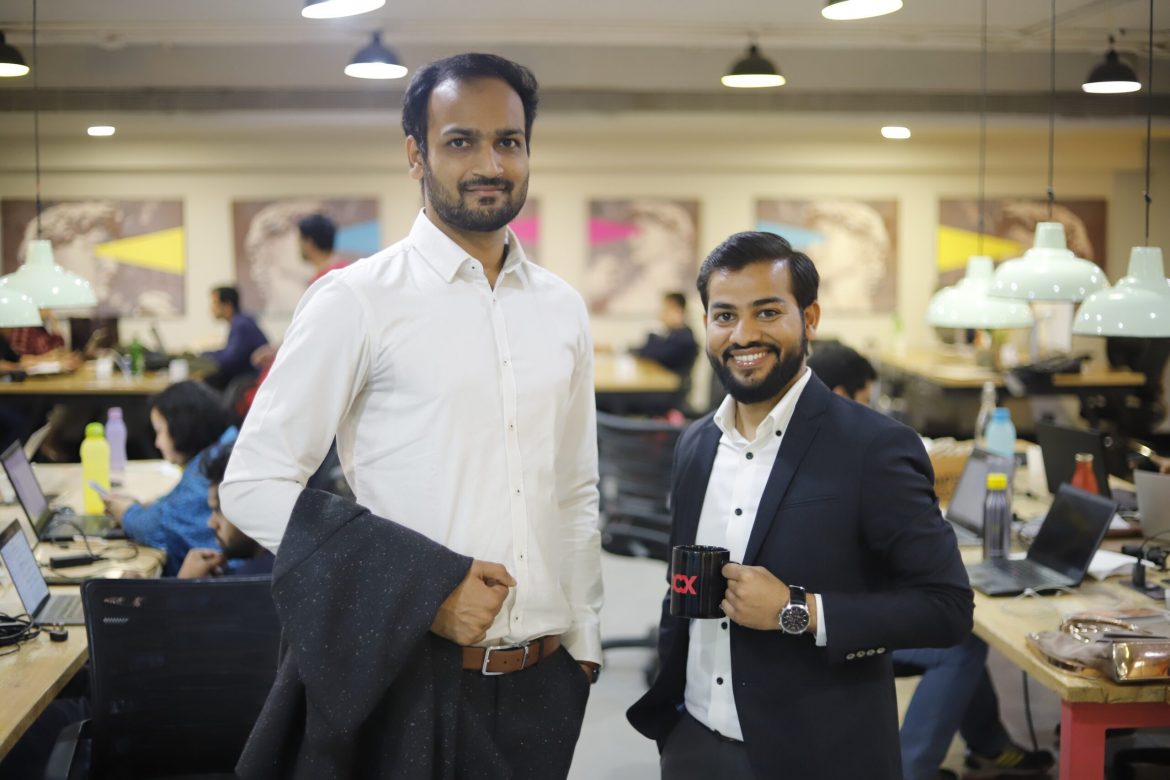- Purchase sum is undisclosed
- Acquisition makes BitOasis ‘much stronger’
- GCC attracted $390bn virtual assets
CoinDCX, the largest cryptocurrency exchange in India, has bought UAE-based crypto exchange BitOasis for an undisclosed amount.
CoinDCX co-founder Sumit Gupta said the move would “establish an even more formidable foothold across the Mena region”.
The Middle East-focused BitOasis, founded in 2016 by Ola Doudin, Tarek Kaylani and Daniel Robenek, has processed more than $6 billion in trading volume and raised more than $40 million in funding.
In July last year, the company fell foul of Dubai’s Virtual Assets Regulatory Authority (Vara) and had its minimum viable product operational licence suspended. The licence has since been reinstated.
Last month BitOasis secured a Category 2 crypto-asset services licence from the Central Bank of Bahrain, allowing the broker-dealer platform to go live in the kingdom in the second half of this year.
Doudin said the acquisition would “propel” BitOasis forward “on a much stronger ground”.
- Crypto miners see ‘enormous potential’ in the Gulf
- Tim Draper: UAE benefits from US crypto ‘overregulation’
The GCC was the fastest growing market for virtual assets in 2021-22, with a total value of $566 billion received, according to Chainalysis, a data provider.
It continued to attract virtual assets in 2022-2023, receiving a total of $390 billion, despite difficult market conditions.
Global exchanges such as OKX, eToro, Nomura’s Laser Digital, and the world’s largest exchange, Binance, have established significant operations in the region.
Dubai and Abu Dhabi have set up comprehensive laws for digital assets, addressing many regulatory gaps found elsewhere, even as other governments around the world have tightened regulations and sounded alarms over the industry’s risks.
Last month the UAE introduced its payment token services regulation in an attempt to push out fraudulent crypto companies and attract legitimate businesses.
The new rules from the Central Bank of the UAE focus heavily on stablecoins, digital currencies pegged to a real-world asset such as the UAE dirham.
